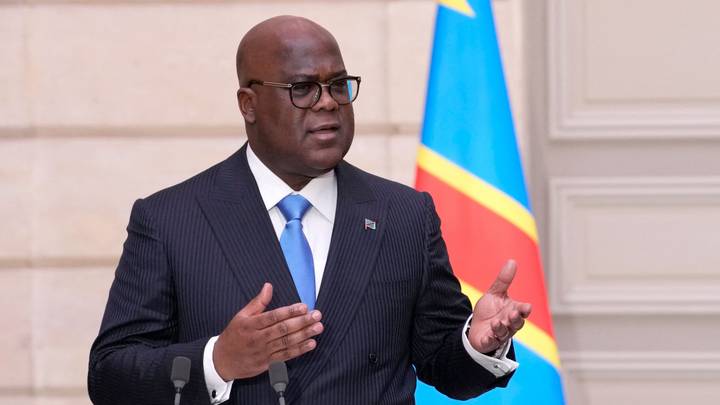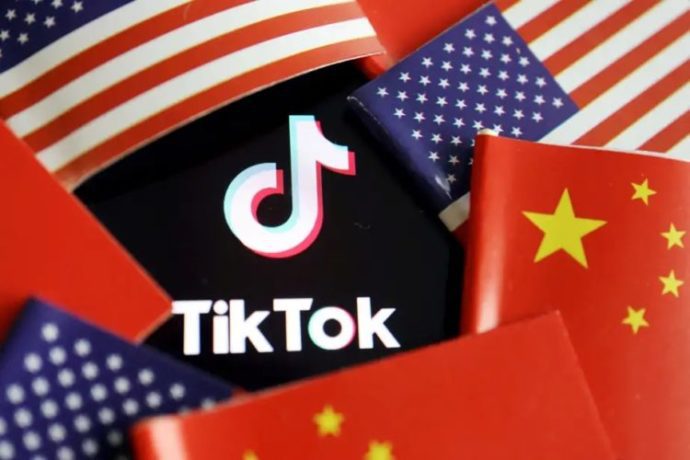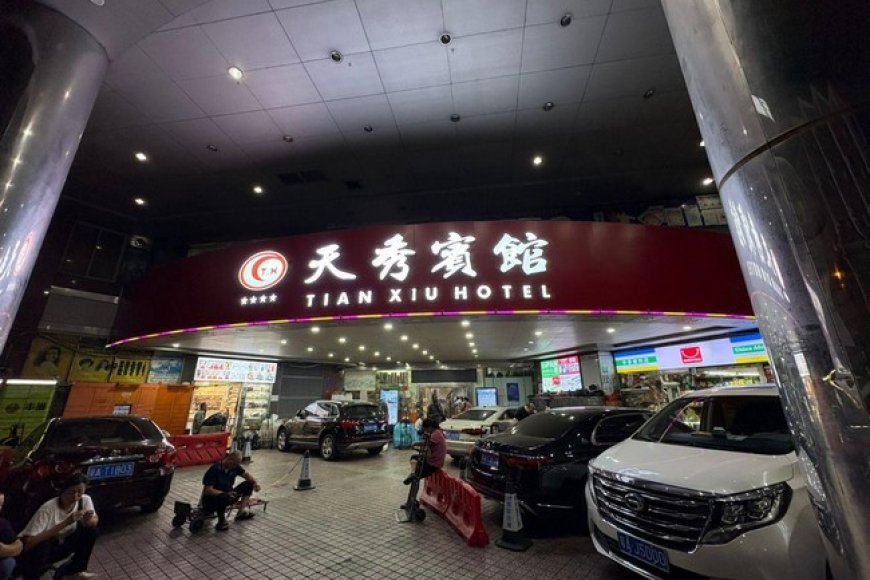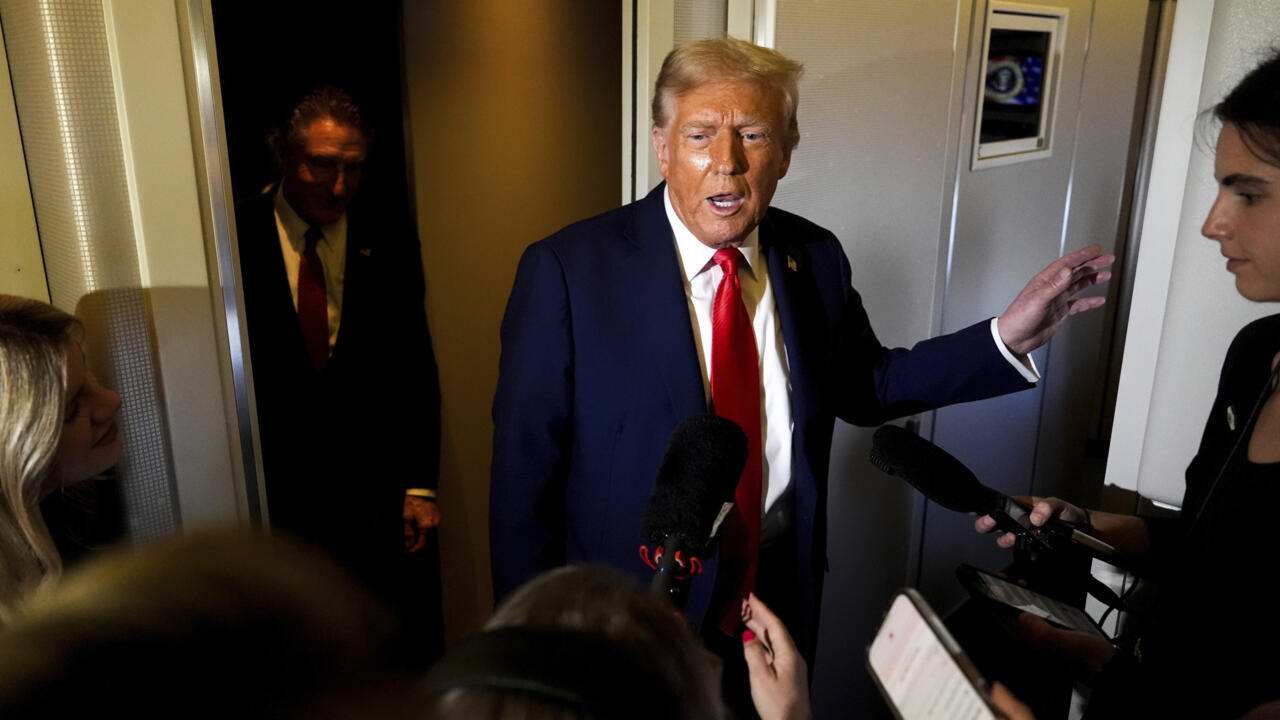Congo Asserts Mineral Independence Amidst U.S.-Brokered Peace Deal with Rwanda
Amidst efforts to quell conflict and attract Western investment, the Democratic Republic of Congo (DRC) has affirmed its commitment to developing its vast mineral resources on its own terms. This declaration comes as the United States mediates a peace agreement between the DRC and Rwanda, aimed at resolving alleged Rwandan support for the M23 rebel group.
The U.S.-Brokered Peace Agreement
On June 27th, American mediators brokered a peace agreement between the Congo and Rwanda. The accord seeks to end what Washington and UN experts claim is Kigali's support for the M23 rebels. The Trump administration previously expressed a desire to halt the fighting, which has resulted in thousands of deaths this year. The region is rich in minerals like tantalum, gold, cobalt, copper, and lithium, attracting interest from Western investors. A deadline for implementing part of the U.S. agreement is set for this month.
Congo's Mineral Resource Policy
Despite supporting the American mediation, President Tshisekedi emphasized that "this does not mean that we are going to auction our mineral resources." He made this statement to reporters in New York. He added, "We will, as part of this partnership, work on developing the mining sectors, developing the value chain, developing infrastructure with a particular focus on energy." This signals the DRC's intent to control its own resource development.
Strategic Partnerships: China and the United States
Tshisekedi stated that the country has already signed a strategic partnership with China. "Today, we are negotiating a similar partnership with the United States. We hope to complete it," he added. However, he did not provide substantial details regarding either of these partnerships, leaving the scope and terms of cooperation unclear. The existing partnership with China and the potential agreement with the United States highlight the DRC's strategic importance in global resource markets.
Allegations of Rwandan Support for M23
Congolese officials maintain that the success of the agreement hinges on Rwanda ceasing its support for the M23, which Kinshasa accuses of committing atrocities in the eastern part of the country. The M23 denies allegations of targeting civilians, and Rwanda has consistently denied providing aid to the group, claiming its forces act in self-defense. Tshisekedi asserted, "(The Rwanda) has pretended to withdraw its troops, but in reality, it is increasing its support for the M23."
Efforts Towards a Ceasefire and Prisoner Exchange
In March, Qatar facilitated a surprise meeting between Tshisekedi and Rwandan President Paul Kagame, during which both leaders called for a ceasefire. This led to direct talks between the DR Congo and the M23, although the August 18th deadline for reaching a peace agreement was missed. The M23 is demanding the release of prisoners before further negotiations can proceed. A Congolese government official directly involved in the negotiations told Reuters that prisoners could only be released after an agreement is signed. Tshisekedi indicated positive developments regarding a potential prisoner exchange, stating, "In fact, we are waiting for the green light from the Red Cross to proceed with the exchange of prisoners."
 Visit the website
Visit the website





